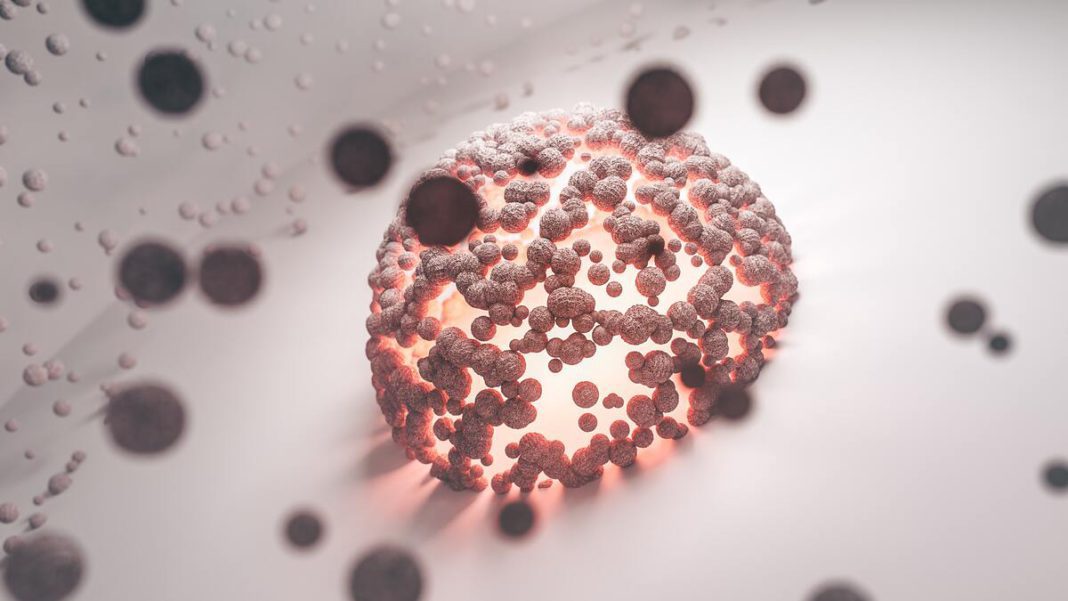SWITZERLAND: Scientists in the Alps and the Arctic have found microbes that can digest plastics at low temperatures, which could be useful in recycling. However, many microbes with this ability have already been discovered, but typically they only function at temperatures higher than 30C (86F), making them unaffordable and not carbon neutral.
Researchers at the Swiss Federal Institute WSL have discovered bacteria that can perform this function at 15C, which may significantly advance microbial recycling. They collected samples of 19 bacterial strains and 15 fungal strains growing on plastic that had been left lying around or purposefully buried for a year.
They studied the microorganisms to determine if they could digest various kinds of plastic, allowing them to develop as single-strain cultures in the laboratory under darkness at 15C.
The bacterial strains were from 13 genera in the phyla actinobacteria and proteobacteria and 10 genera in the phyla ascomycota and mucoromycota for the fungus. The plastics evaluated included biodegradable (PBAT) and polylactic acid (PLA) blends and non-biodegradable polyethylene, polyester-polyurethane, and non-biodegradable polyethylene.
This study found that unique microbial species isolated from soil samples from the Arctic and Alpine regions were capable of degrading biodegradable plastics at a temperature of 15C. This suggests that the cost and environmental impact of an enzymatic recycling process for plastic may be lessened with the aid of these microbes. It was surprising that several of the strains were able to break down at least one of the tested polymers.
Two uncharacterised fungal species from the genera Neodevriesia and Lachnellula were found to be the greatest performers in scientists’ tests for top performers. Bacteria can break down polymers because they mirror some of the structures present in plant cells.
Microbes have been shown to create polymer-degrading enzymes, such as cutinases, which target plastic polymers due to their likeness to plant polymer cutin. The ideal temperature has not yet been determined, but it is believed to be between 4C and 20C.
The identification of plastic-degrading enzymes produced by microbial strains and process optimisation to manufacture proteins are the next major challenges. To enhance protein stability, enzymes may need to be modified.
Also Read: Gut-Brain Axis: How Gut Microbiome Controls Brain



